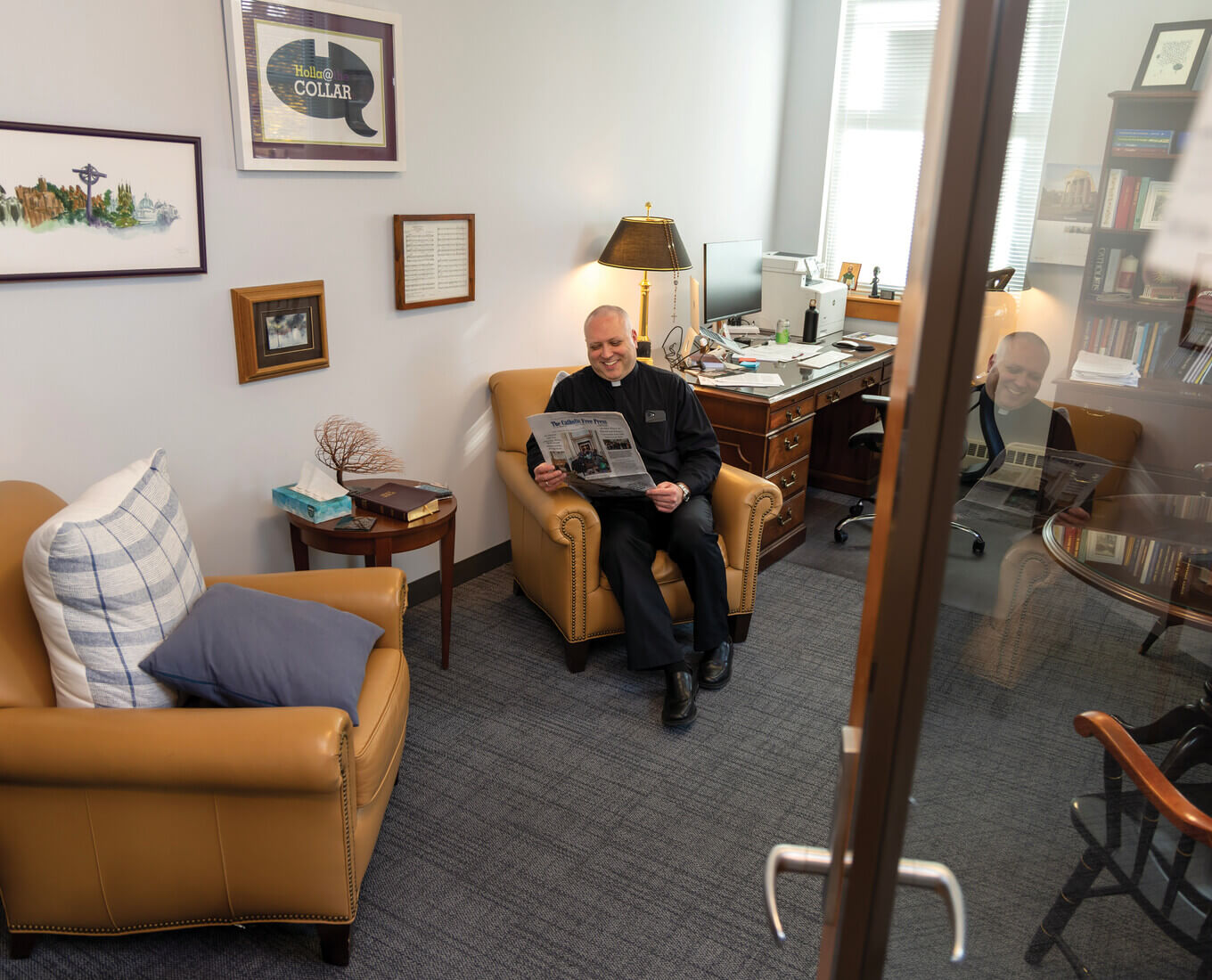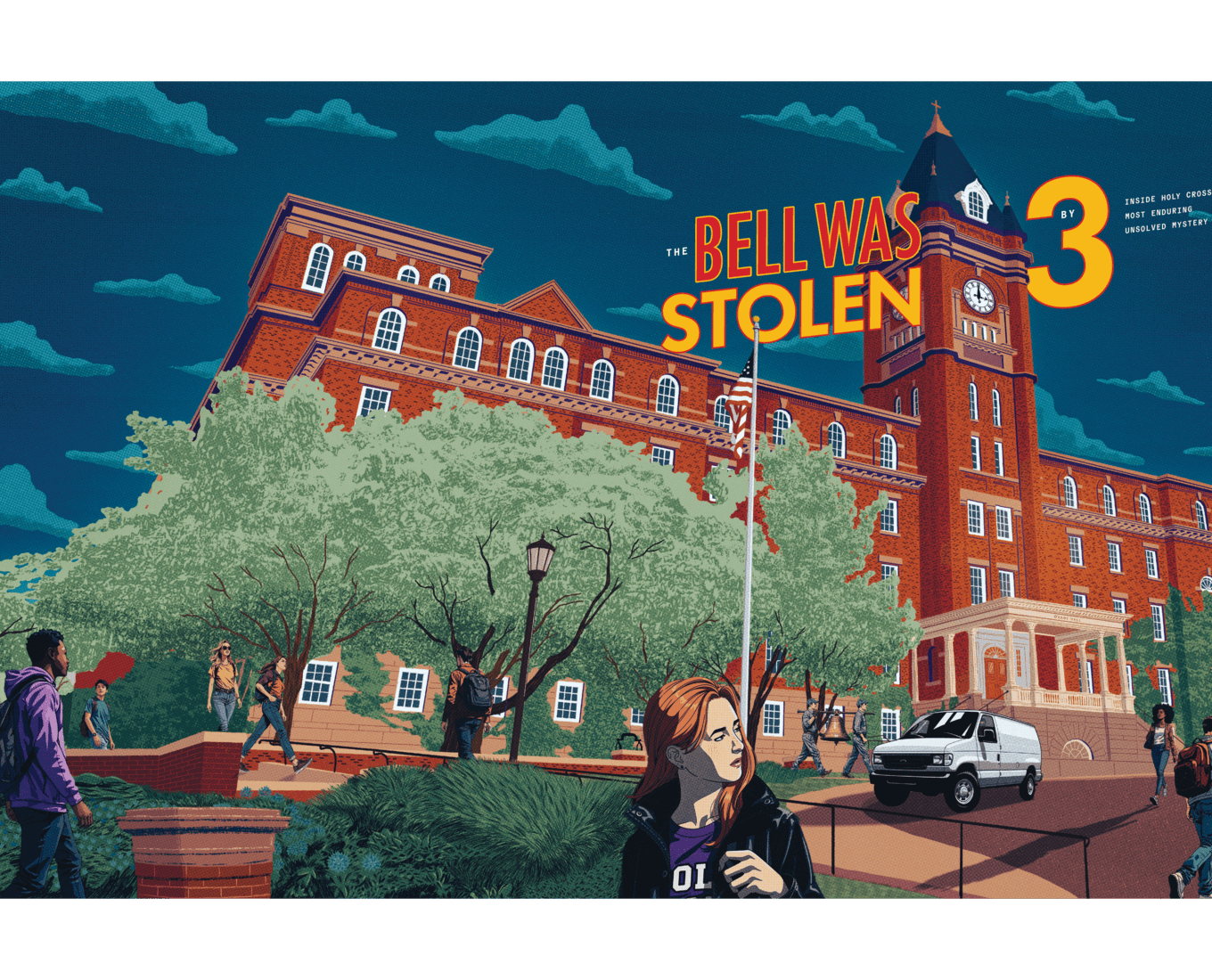 The College of the Holy Cross is No. 36 among 1300 public and private institutions reviewed by the Economist in its first-ever best value rankings, putting the College in the top 3 percent of the list of colleges and universities. The new ranking stems from the College Scorecard released by the Department of Education in September, and factors in what college graduates are expected to earn given a set of variables which include SAT scores, gender ratios, enrollment levels, the mix of subjects students choose to study, religious affiliation, and others.
The College of the Holy Cross is No. 36 among 1300 public and private institutions reviewed by the Economist in its first-ever best value rankings, putting the College in the top 3 percent of the list of colleges and universities. The new ranking stems from the College Scorecard released by the Department of Education in September, and factors in what college graduates are expected to earn given a set of variables which include SAT scores, gender ratios, enrollment levels, the mix of subjects students choose to study, religious affiliation, and others.
The Economist’s model yielded a predicted salary for Holy Cross of $56,353 while the reported salary 10 years after enrolling was $63,700. According to the ranking, Holy Cross over-performed by $7,347. This result is also consistent with findings recently published by the Brookings Metropolitan Policy Program, “Using earnings data to rank colleges: A value-added approach updated with College Scorecard data,” that follows up on research done this past spring by Brookings. That research focused on the added-value provided by colleges, and found that attending Holy Cross added 27 percent to alumni mid-career earnings.
“In the Economist rankings, Holy Cross students match up quite well economically against all other schools, whether public, private, or research institutions,” says Amy Murphy, director of the Center for Career Development. “At Holy Cross, we ask students to reflect on their strengths, interests, talents and values and then challenge them to consider where those things intersect with the needs of the world. Students are encouraged to apply their knowledge and skills outside the classroom through internships, research, study abroad and community-based learning to clarify where they are most fulfilled and can best make an impact. We want our students to be successful, but success is not wholly defined by a certain salary.”
The Economist writes that the goal of college is not to maximize earnings and also points out that its study has shortcomings, such as actual earnings being limited to graduates that have federal student loans. It also notes that some schools ranked as “under-performing” may actually have greater societal value if their students elect careers in public service. “Rankings are a good starting point and should only be used as one of the many tools available to evaluate colleges and universities,” says Murphy. “Most important in the college search is to take the time to really learn about colleges, to talk to current students, graduates, and faculty members and visit the campus.”
This “Holy Cross in the News” item by Cristal Steuer.

